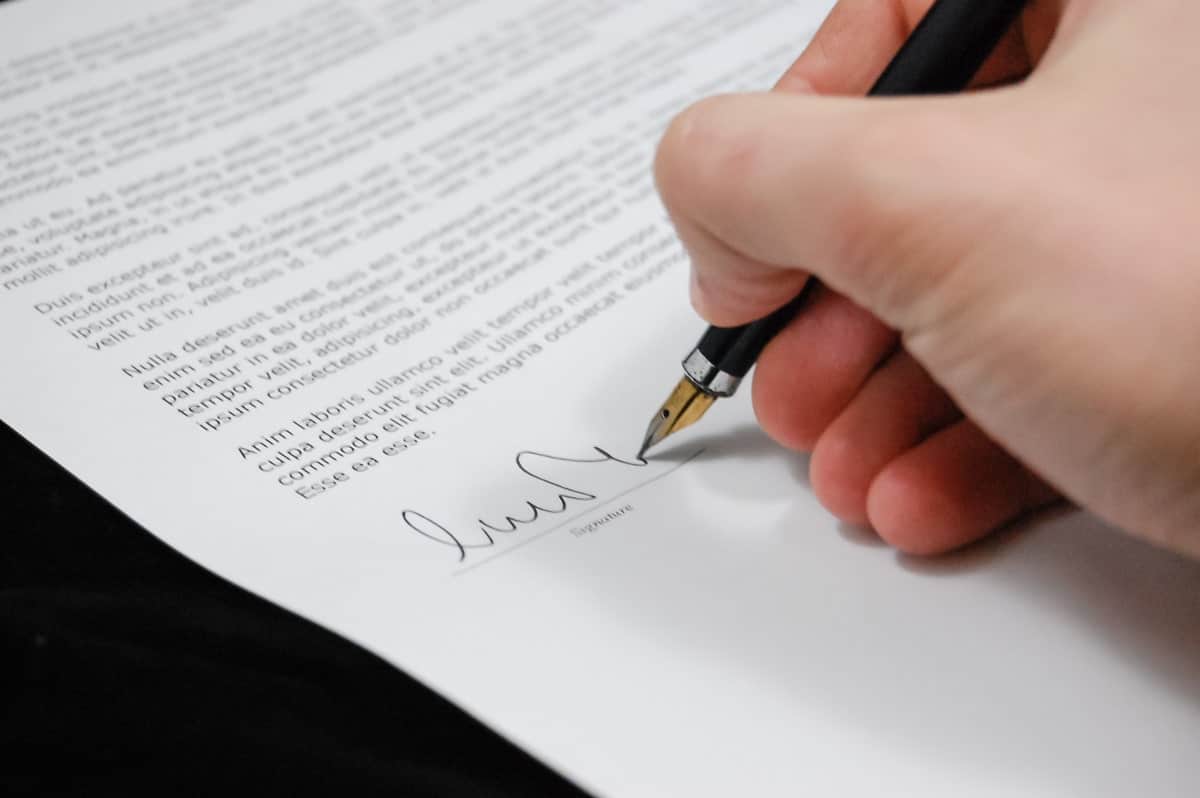The franchisee’s customer base
If the partnership between a franchisee and a franchisor ends, the question of who will continue to serve the customers may arise. Naturally, the customers have a say in this, but the franchisor and the franchisee can mutually agree on whether or not to serve the relevant customers. If the rules on this are not clearly set out in the franchise agreement, the lack of clarity can lead to a tangle of legal proceedings.
A franchisee who exercised the option to unilaterally terminate a franchise agreement wished to continue serving certain customers. However, the franchisor believed that continuing to serve those customers was in violation of the franchise agreement. The District Court of Amsterdam ruled on 24 August 2016 (ECLI:NL:RBAMS:2016:5094) that although the franchisor and the franchisee had discussed a termination agreement and the division or allocation of certain customers, there was no final settlement. As a result, the rules in the franchise agreement on this point remained in full force. The court believes that the provisions in the franchise agreement certainly lack clarity and contain certain gaps. The franchise agreement stipulated that the franchisee can terminate the franchise agreement unilaterally and that in that case the franchisee is obliged to transfer all turnover to the franchisor. The franchisee argues that this clause means that it is obliged to offer the turnover for sale, which offer could be rejected. However, the franchisor believes that there is no obligation to offer, but an obligation to transfer the service to the customers in any case. The court follows the vision of the franchisor and establishes that the franchisee is obliged to compensate the franchisor for the resulting damage.
In the separate damage statement procedure, the franchisor claims to determine the extent of the obligation to pay compensation. The court considers two different scenarios in these damage assessment proceedings. First, the scenario where the franchisee had transferred its customer base to the franchisor for a certain purchase price. The court considers that this scenario is not very conceivable, because the franchisor was already (over) full at work and there was no room to serve even more customers.
A second scenario is that the customer base would be transferred to a new franchisee. In that case, the loss for the franchisor will consist of missing out on the turnover fee of 8% that would in that case be due by the new franchisee for the duration of the five-year franchise agreement. The court follows this view, on the understanding that the franchise fee is set at a lower percentage of 5%. In a judgment of 11 October 2017 (ECLI:NL:RBAMS:2017:7310), the Amsterdam District Court set the damage at approximately €14,000.
In these damages proceedings, the franchisee had objected to the court that it had appealed against the earlier conviction of the judgment of 24 August 2016. However, the court ruled that this judgment from 2016 had been declared provisionally enforceable and that on that basis the franchisee can still be ordered to pay compensation for the damage.
Subsequently, on October 17, 2017, the Amsterdam Court of Appeal (ECLI:NL:GHAMS:2017:4229) will rule on the appeal against the judgment of the District Court of August 24, 2016. The court confirms the earlier ruling. The verdict in the damage assessment procedure is therefore also established, except insofar as the verdict, in which the extent of the damage is determined, is also open to appeal.
Making clear agreements about the service and approach to customers upon termination of the franchise agreement could help prevent escalation in legal disputes, such as in the wrongful case.
mr. AW Dolphijn – franchise lawyer
Ludwig & Van Dam Franchise attorneys, franchise legal advice. Do you want to respond? Go to dolphijn@ludwigvandam.nl .

Other messages
Column Snack courier no. 8: “With 7 steps you comply with the privacy law”
Much has already been written about the General Data Protection Regulation (GDPR). The law has been applicable since 25 May, but many companies have not yet had their privacy policy in order.
Forced to switch to a different franchise formula at the existing location?
If a franchise formula ceases to exist, for example if it is incorporated into another organization, the question may be whether the franchisee is also obliged to be incorporated into
Column Franchise+ – 50 percent more franchise lawsuits
The 2018 Legal Franchise Statistics published by Ludwig & Van Dam Advocaten shows that there has been a 50% increase in the number of judgments in court cases rendered in 2017 compared to
A closer look at the intention to introduce franchising legislation
On May 23rd, State Secretary Mona Keijzer informed the House of Representatives about the imminent franchise legislation. The National Franchise Guide previously published this article.
Consumer Protection Applies to Franchisee
The consumer enjoys broad protection on the basis of the Civil Code.
Update Franchise Law
On 23 May 2018, the government indicated that it would prepare a legal regulation that creates a framework for four sub-areas of cooperation between franchisors and franchisees that are crucial






